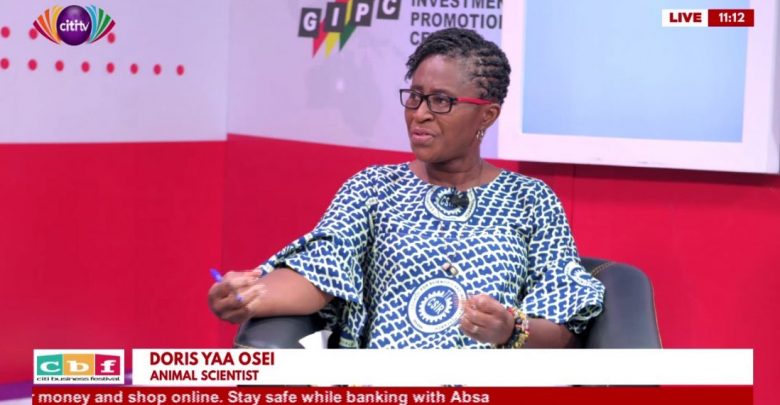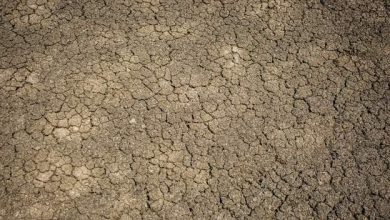
An Animal Scientist, Doris Yaa Osei, says Ghana cannot continue to import livestock worth millions of cedis annually, when local farmers have the ability to produce for local consumption.
According to her, the importation of pork, poultry and cattle, has seen tremendous increase over the years, with some 740 million cedis spent on livestock importation in 2018.
She’s thus asking government to cut down importation and support local farmers to produce more.
Renowned local Farms such as Afariwaa Farms, Darko Farms and Akate Farms, which hitherto were giants in meat production in Ghana, have all folded up largely due to excess importation of meat.
Currently, meat imported into Ghana is cheaper than the local livestock.
Although local farmers are able to meet demand with the right support, they hardly make enough profit as the preferred option remains the imported ones due to cheaper cost.
According to Doris Yaa Osei, in 2018 alone, Ghana imported 120 million cedis worth of Cattle, pork 13 million cedis, and sheep and goat about 14 million cedis.
She says most of the livestock were imported alive and slaughtered for sale. Doris Yaa Osei told Citi Business News the frequent importation of livestock is not in the country’s interest.
She says Ghana has the capacity to produce enough meat for local consumption, with the right policy shift to cut down importation and deliberately support local farmers.
“Outside they subsidize farmers a lot, but here even if they subsidize, it is not very much. So their production cost is very low, whereas production cost is very high in Ghana. So we produce, but we are not able to sell because it is very expensive” she explained.
The livestock sector in Ghana contributes around 7.528 million cedis to Ghana’s Gross Domestic Product; a figure Yaa Osei describes as terrible, compared to figures recorded by other sectors in the agric value chain. She says Meat consumed in the country is woefully inadequate.
“We are just consuming about 14kg per capita per annum which is inadequate, it is very very low” she said.
Although Ghana’s intake of meat continues to soar, animals such as pork, poultry and cattle, also continue to see tremendous increase in imports although meat from these animals can be produced locally.
She says there is no justification for Ghana to import livestock, when they can be produced locally at a cheaper cost and boost revenue and employment.
“We are losing a lot of money and the sad thing is that some of the products they even bring have been kept for several years but because they know we want them, they bring them in and we rush for them” she bemoaned.
Doris Yaa Osei is convinced that the only way to tackle the situation is for government to cut down importation and equip livestock farmers with the right funding to meet local consumption.
“We have to support our farmers to go into animal rearing, give them input to go into animal rearing so that we will be able to reduce the importation of meat in the country.”
She added that “input supplies should be given to the farmers on credit.”
Source:Fiilafmonline/CitiBuss


